Aug. 2, 2017:
Investigator Spotlight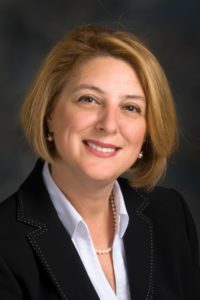
Barbara Pro, MD, Robert H. Lurie Comprehensive Cancer Center of Northwestern University
Educational background: MD, University La Sapienza in Rome Italy; Residency: Mount Sinai Hospital, New York
Research interests: Dr Pro’s research focus has been on the development of new therapies for the management of patients with Hodgkin lymphoma and non-Hodgkin lymphoma. She has served as the PI on numerous clinical trials, including three trials that led to the approval of novel agents for the treatment of T-cell lymphomas. Dr. Pro is an internationally renowned clinician and researcher and her work has been published extensively.
Little-known facts about Dr. Pro:
- When my father died from colon cancer at the age of 42 I decided to become an oncologist and help cure cancer.
- I love teaching and sharing my experience with our Fellows.
- I wish I’d studied English sooner! I went to medical school in Italy and had no idea I would eventually practice in the U.S.
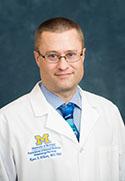
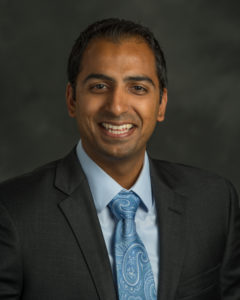
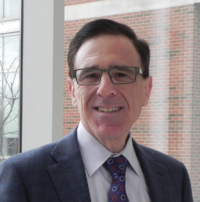
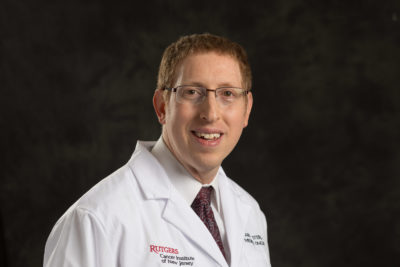
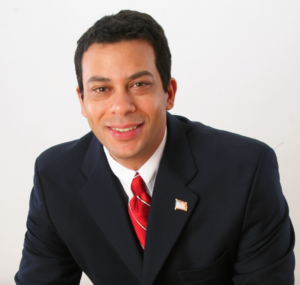
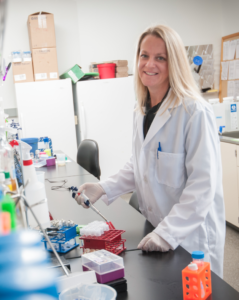
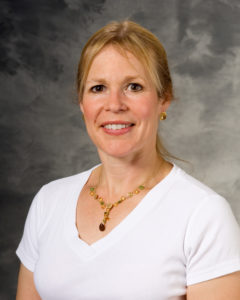 of blood cancer. She serves as co-chair of the Big Ten CRC’s Multiple Myeloma Clinical Trial group, along with Dr. Craig Cole of the University of Michigan. “Our mission at the Big Ten CRC is to foster collaboration between researchers and industry partners in order to develop novel therapies, particularly for patients with relapsed myeloma,” Callander said. “We also hope to provide young investigators a venue to explore new treatment paradigms.”
of blood cancer. She serves as co-chair of the Big Ten CRC’s Multiple Myeloma Clinical Trial group, along with Dr. Craig Cole of the University of Michigan. “Our mission at the Big Ten CRC is to foster collaboration between researchers and industry partners in order to develop novel therapies, particularly for patients with relapsed myeloma,” Callander said. “We also hope to provide young investigators a venue to explore new treatment paradigms.”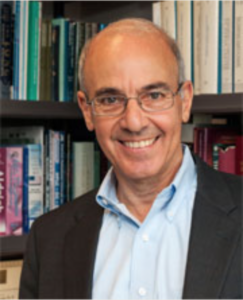 the
the 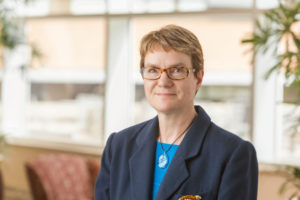














Subscribe to the Big Ten CRC Newsletter X
X Facebook
Facebook YouTube
YouTube